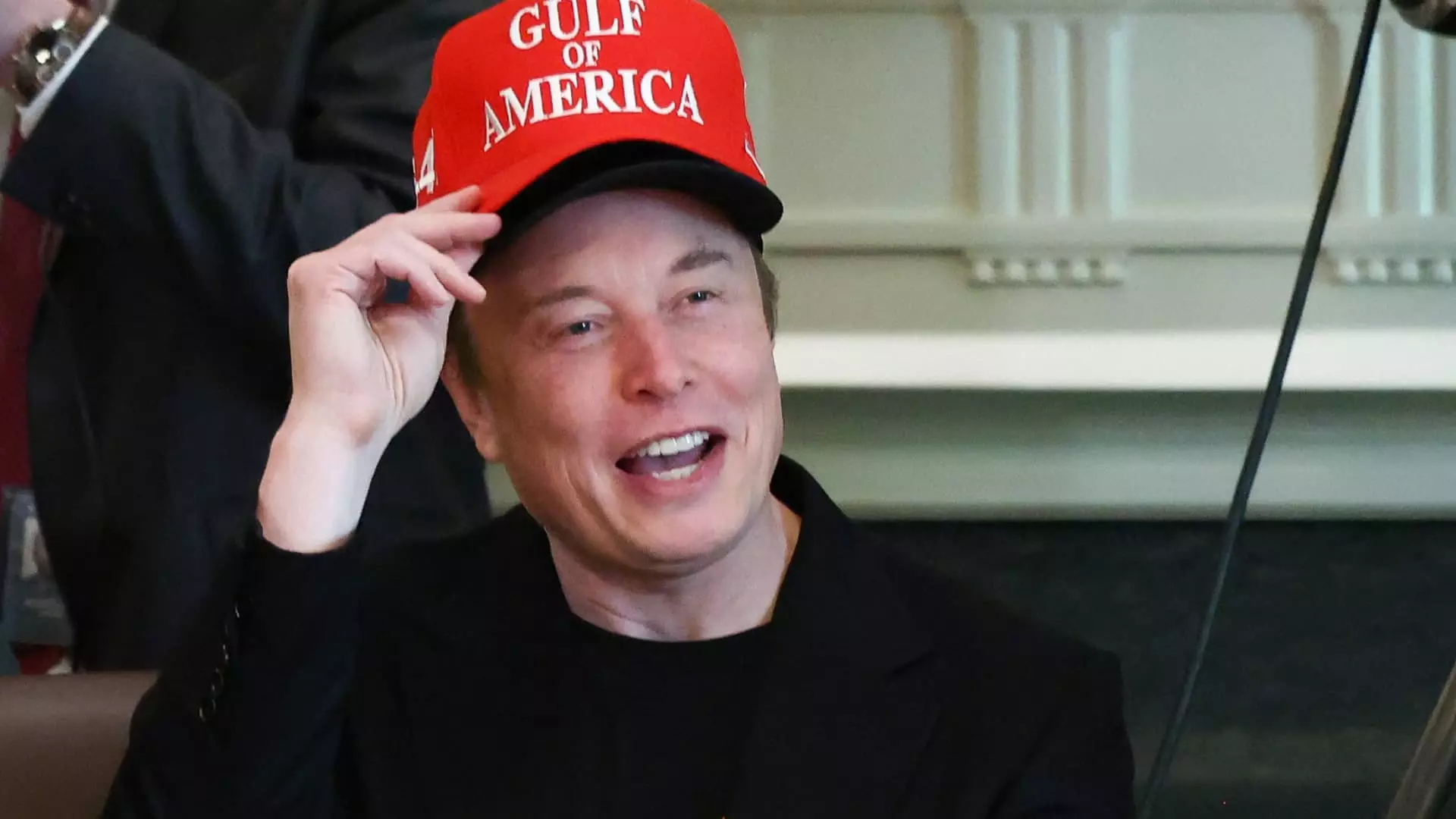Elon Musk’s recent exit from government service is more significant than a mere career change; it signals a pivotal shift in the intersection of business and politics. His brief tenure under President Trump, overseeing the Department of Government Efficiency, allowed him to draw attention to the rampant inefficiencies that plague federal spending. Musk’s remarks about reducing “wasteful spending” resonate well with conservative fiscal values, indicating that even in an administration that often strays into the unpredictable, there can be advocates for fiscal prudence.
Musk’s tenure was marked by a duality—the world’s richest man arguing that a leaner government can coexist with a vibrant free market. This is especially relevant in a time where Big Government seems to encroach on individual liberties and innovation. While the arrangement may have appeared unconventional, Musk’s perspective introduced a fresh approach to traditional government roles.
The Philosophy Behind DOGE
Musk’s ambitious DOGE initiative aimed at streamlining operations throughout the government landscape was an audacious yet commendable endeavor. However, it lays bare a harsh truth: political machinery often resists reform. His criticisms of Trump’s forthcoming spending bill, which he claims undermines DOGE’s mission, demonstrate an ongoing struggle between innovation and bureaucracy. Here lies the crux of the matter: can a visionary like Musk truly transform the governmental approach to efficiency, or does the entrenched bureaucratic mindset neutralize the ambition of outsiders?
The departure from government service coinciding with this struggle showcases Musk’s contradictions; he aims to take on the inefficiencies of an outdated system while simultaneously being engulfed in its complexities. On the one hand, we celebrate his efforts toward reform, yet on the other, skepticism remains about the long-lasting impacts when such reform leaders inevitably step back into their businesses.
Implications for Corporate America
Musk’s shift back to his core businesses—Tesla, SpaceX, and xAI—raises pertinent questions regarding accountability in corporate leadership. An unusual letter from pension fund leaders urges Tesla’s board to require Musk to dedicate a stipulated number of hours back to the company, echoing concerns of shareholder value and corporate governance. As stakeholders question Musk’s commitment during his government involvement, his Tinder-like ability to pivot could be seen as both a boon and a risk to those banking on Tesla’s continued success.
In this dynamic environment, where Musk balances multiple ventures, there rises a salient truth—leaders can no longer afford to be merely extravagant visionaries; they must also be grounded in consistent corporate responsibilities. The tug-of-war between executing a broader vision and maintaining corporate obligations opens up a dialogue about the ethical responsibilities of corporate leaders, especially those involved in public enterprises.
Future Prospects on the Horizon
What’s next for Elon Musk? With reports indicating an ongoing commitment to perfecting DOGE at a diminished capacity, the conversation morphs from his political maneuverings to strategic corporate advancement. The world is eager to see whether Musk can adequately realign his focus—to navigate emergent challenges while still positioning his companies at the forefront of innovation.
This move back into the corporate realm may allow him to prioritize technological advancements and financial sustainability, both dearly needed in today’s economic landscape. As businesses face scrutiny and shareholder pressure, the entrepreneurial spirit represented by Musk may inspire others to challenge the status quo.
Musk’s departure from the government is not just a personal shift; it represents an opportunity for recalibrated philosophies in efficiency and innovation. Only time will tell how this decision affects the broader conversations happening at the confluence of technology, corporate responsibility, and governance. The dynamics at play could redefine leadership in both sectors in unforeseen ways.

